Highlights

Too many forewing eyespots is bad for butterflies
June 14, 2021NUS researchers found that butterflies which carry more eyespots on their forewings are more prone to attacks by predators. Most…
Read More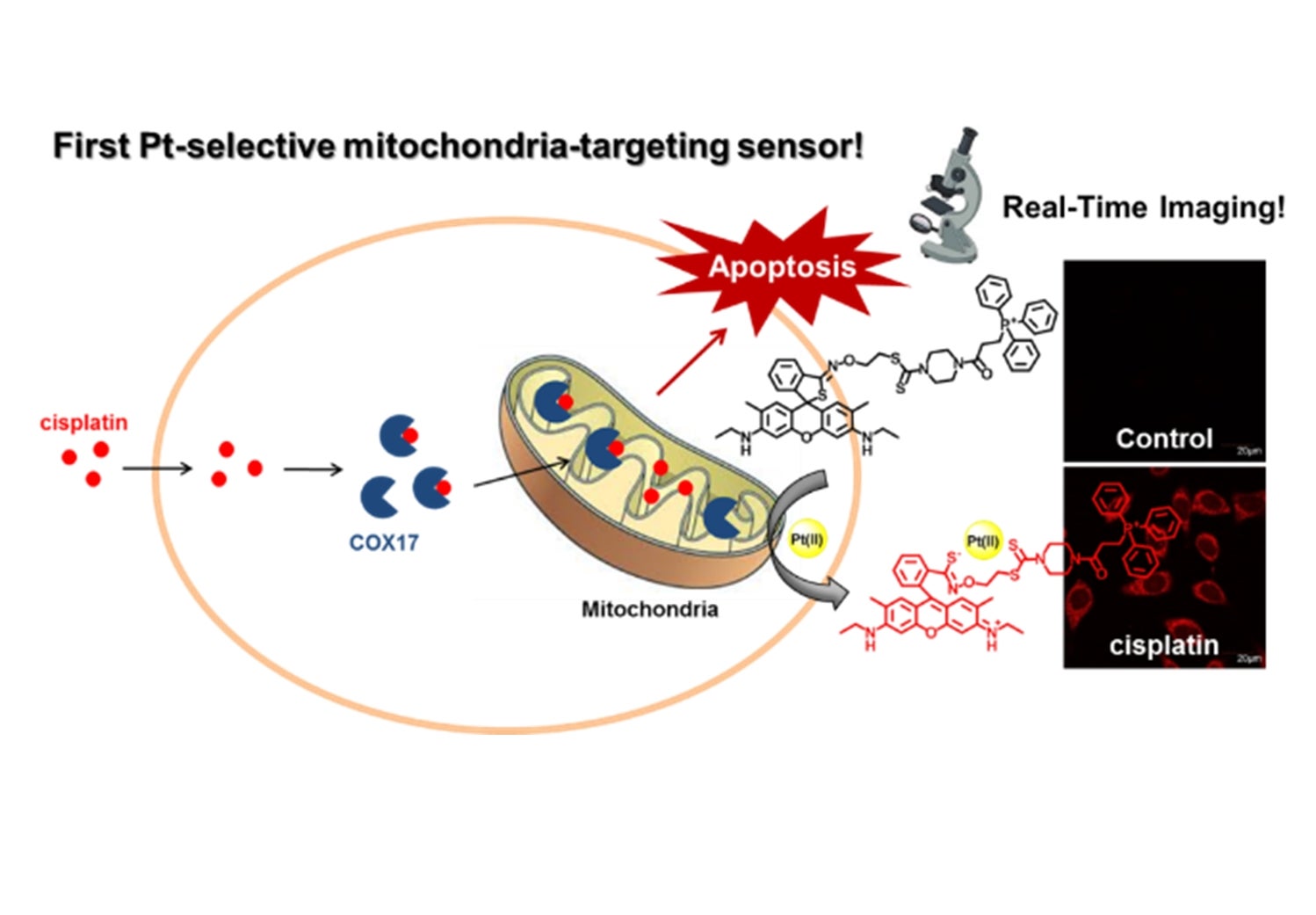
A mitochondria-targeted fluorescent probe for cisplatin
June 09, 2021NUS chemists have developed a mitochondria-targeted fluorescent probe for real-time imaging of clinically-important anticancer drug cisplatin in live cancer cell…
Read More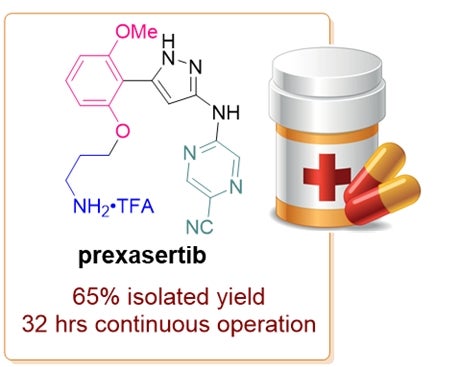
Simple and compact platform for on-demand synthesis of pharmaceutical compounds
June 01, 2021NUS chemists have developed an automated flow synthesis platform by combining continuous-flow synthesis with solid-phase synthesis techniques to enable auto-assembly…
Read More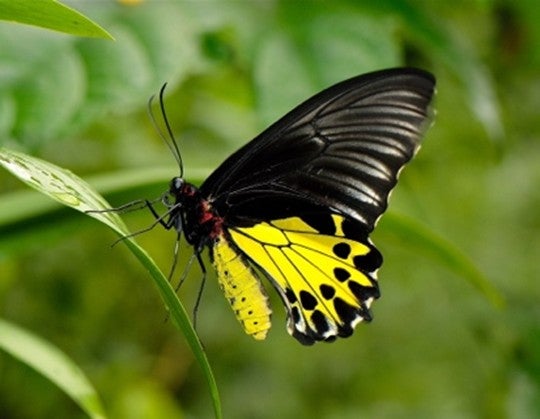
Local butterflies which enjoy exotic plants
May 25, 2021NUS scientists show that two of Singapore’s threatened butterfly species are now critically dependent on a non-native caterpillar host plant,…
Read More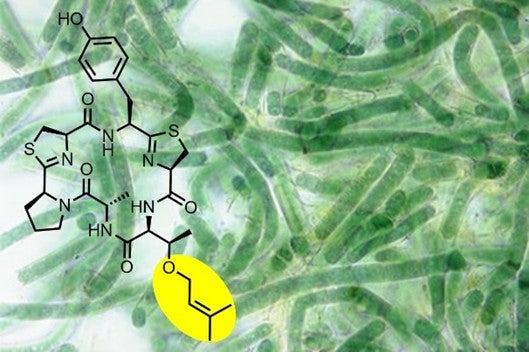
Genome mining leads to a new type of peptide prenylation
May 19, 2021Researchers from NUS used a genome mining approach to identify a new cyclic peptide (tolypamide) derived from a cyanobacterium. The…
Read More
Biopolymers as Nature’s tools for wound therapy
May 12, 2021NUS researchers have discovered a method to fabricate a biologic interpenetrating network (IPN) hydrogel using applied rheology. Hydrogels are three-dimensional…
Read More
Noodles enriched in dietary fibre by advanced technology remains tasty
May 03, 2021NUS food scientists have demonstrated that finely ground wheat bran can be added to Asian wheat noodles by up to…
Read More
Synthesis of a sidewall fragment of a (12,0) carbon nanotube
April 22, 2021NUS chemists have developed a strategy for the atomically precise synthesis of fully conjugated zigzag-edged carbon nanobelts (CNBs). The obtained molecule,…
Read More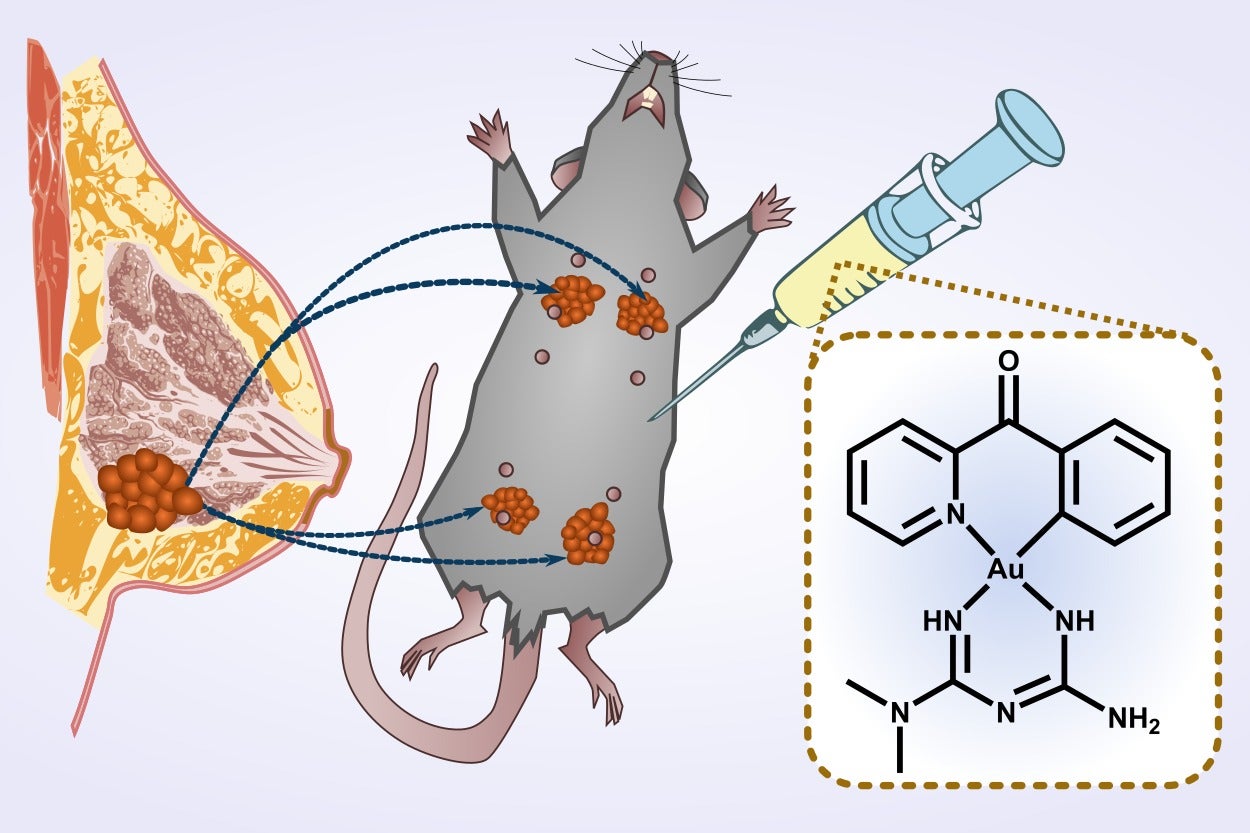
Treating aggressive breast cancer with an anti-diabetic drug
April 21, 2021NUS researchers developed an approach to target highly resistant triple-negative breast cancers (TNBCs) by interfering with their energy production using…
Read More
At the crossroads of cell survival and death
April 05, 2021NUS researchers discovered that a protein, known as MOAP-1, plays a crucial role in facilitating autophagy, a cellular “self-eating” process…
Read More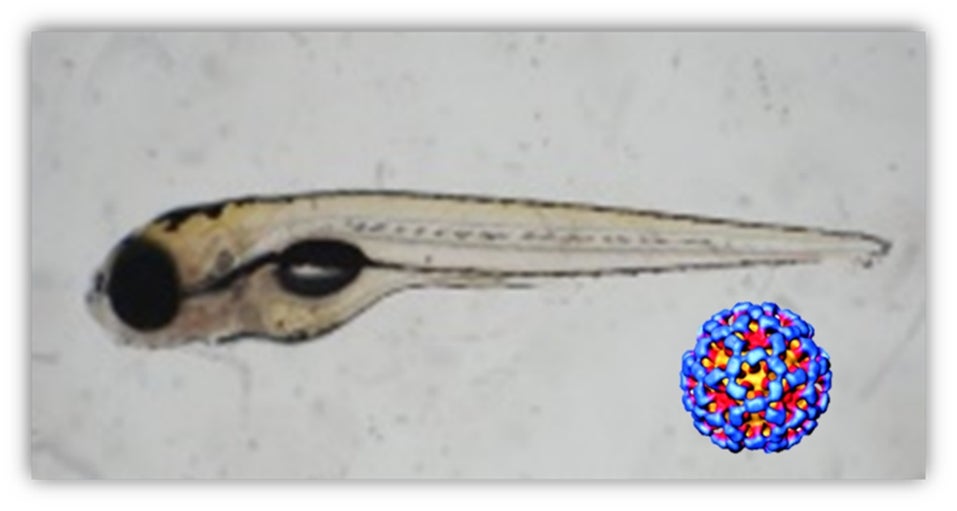
Seeking anti-human norovirus solutions using zebrafish
March 17, 2021NUS food virologists have found that fucoidan, a naturally occurring carbohydrate could be a potential anti-viral candidate for the human…
Read More
Development of eyespot patterns on butterflies
March 03, 2021NUS biologists have discovered that Hox genes are essential for the development of eyespot patterns on the wings of Bicyclus…
Read More

